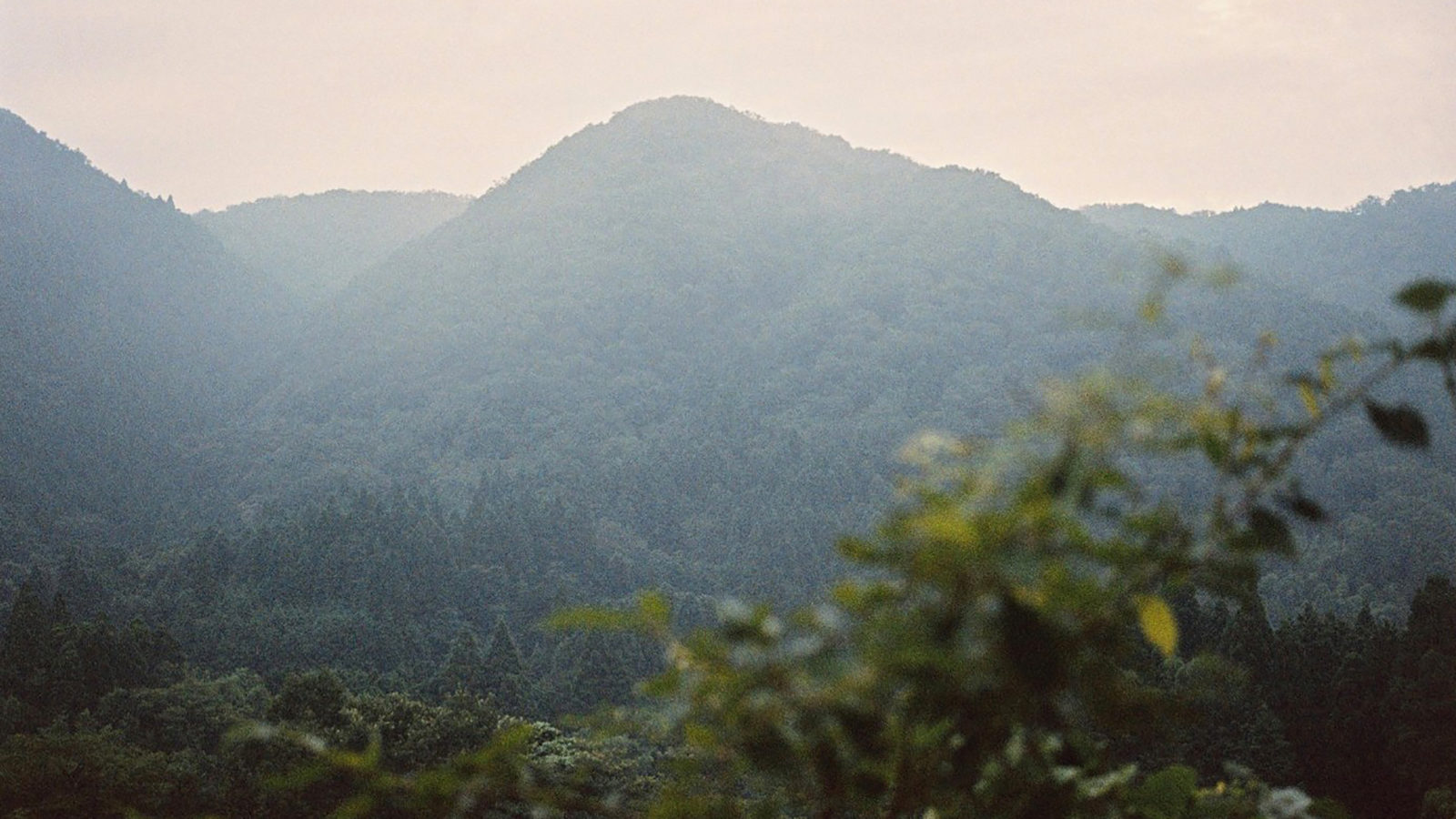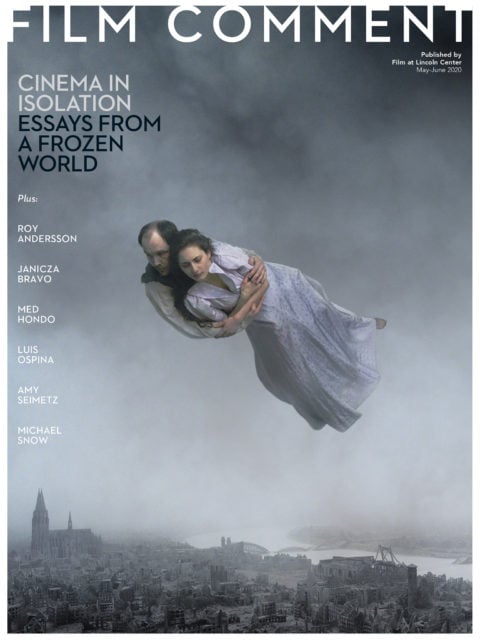By Jordan Cronk in the May-June 2020 Issue

Currents: The Works and Days (of Tayoko Shiojiri in the Shiotani Basin)
Directors: C.W. Winter and Anders Edström
Eleven years after their modest, award-winning feature debut The Anchorage, C.W. Winter and Anders Edström return with an opus several times more ambitious. In The Works and Days (of Tayoko Shiojiri in the Shiotani Basin), the two filmmakers depict the life of a farmer and his family in a remote valley in Japan’s Kyoto Prefecture. Shot over a period of 14 months, the film adopts the form of an eight-hour workday, complete with three intermissions (one 45-minute break, bookended by a pair of 15-minute interludes) meant to replicate a typical schedule. But where such daunting length might suggest something tedious or one-note, The Works and Days is constantly shape-shifting, mixing ravishing landscape imagery and scenes of day-to-day labor with bustling dinner sequences and moments of alcohol-fueled camaraderie among an extended coterie of friends and fellow farmers. Across five chapters, Winter and Edström chart the community’s highs and lows, capturing instances of joy and sorrow, intimacy and death, the essence of the human spirit writ through time and the passing of the seasons. No mere feat of observation, this is a marvel of cinematic immersion, easing into each section with extended passages of field recordings playing over nothing but a darkened screen. Now more than ever, The Works and Days speaks to the power, beauty, and necessity of the theatrical experience.
Jordan Cronk is a critic and programmer based in Los Angeles. He runs Acropolis Cinema, a screening series for experimental and undistributed films, and is a member of the Los Angeles Film Critics Association.

From the May-June 2020 Issue
Also in this issue







